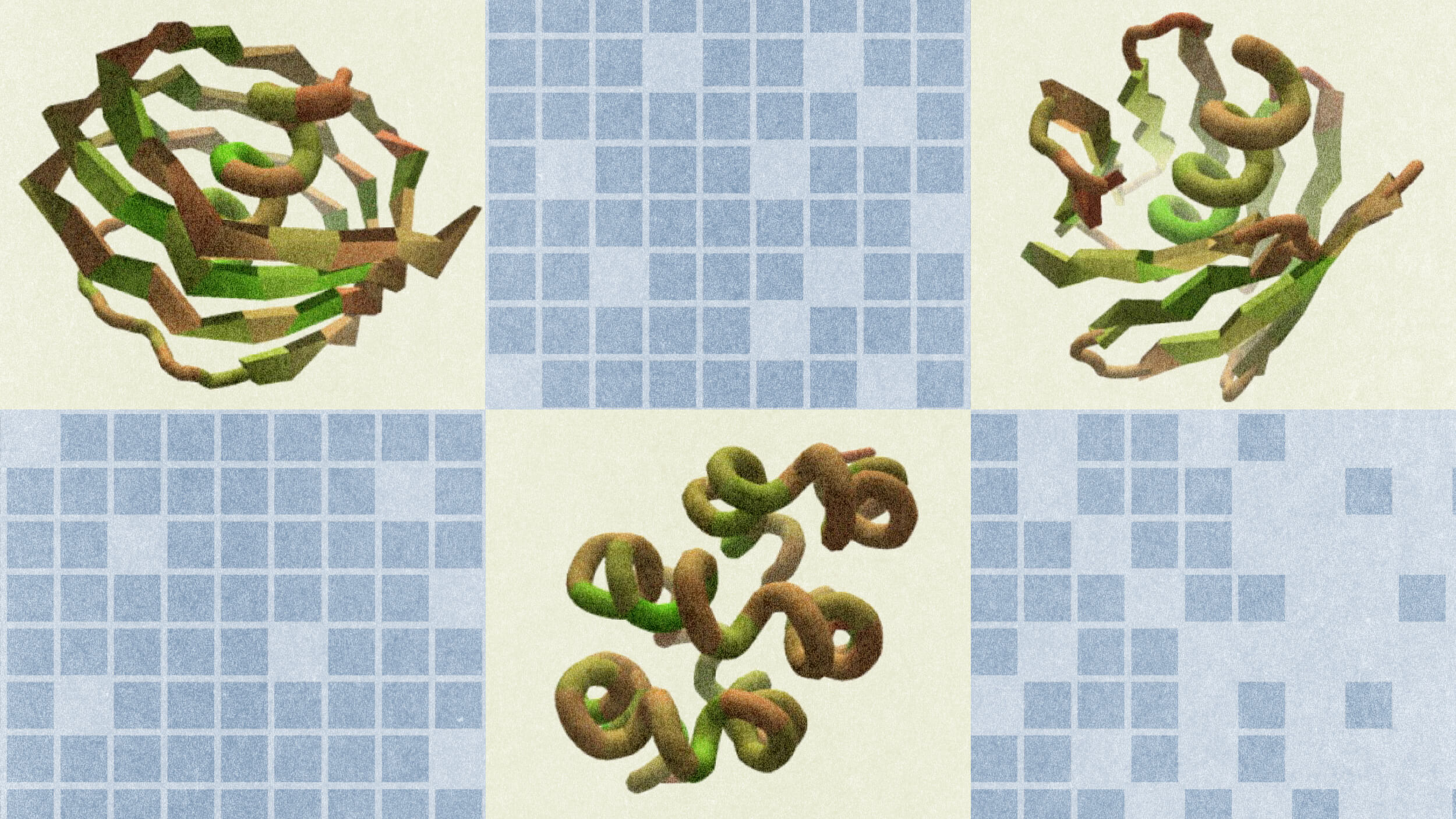With many of the foods considered by society to be “tasteful,” like caviar, we have to develop an appreciation for them. Does that mean they taste “better” than something inherently pleasant like peanut butter?
Question: Is there a consensus on what good taste means for food?
Wylie Dufresne: Well there seems to be, that subjectivity not withstanding, there seems to be large portions of taste that we can agree on. Most people think sweet things tastes good or are pleasant to taste, there are combinations, peanut butter and jelly, bread and butter, coffee and milk. Those are things that large numbers of people think tastes good. So we as a society, as a planet, as large masses of people tend to say, there are certain things that we can all agree on that tastes good. Of course, there’s always going to be a few detractors here and there.
But with regards to what we do with the restaurant I think is interesting is that we – I don’t like to use the word challenge because challenge brings a negative spin to it, but we – we like to question whether or not – We like to question what can and cannot taste good together in combination with each other. And I think that that’s a fun – one of the fun things that we do in the restaurant.
Question: Why are so many of the foods considered delicacies, like caviar, so-called “acquired tastes”?
Wylie Dufresne: Well an acquired taste is an interesting – an interesting term because in theory, isn’t everything an acquired taste? I mean, again, I’m not – that might be an area with somebody with a deeper level of knowledge to talk about are we born with the ability to already like certain flavors, or do we develop them over our lifespan. And that’s an interesting discussion that I’m not qualified to weigh in on other than my own opinion. I don’t have any data to support any theories I have. But I think it’s an interesting conversation to have. Are you born with an appreciation with certain tastes, flavors, combinations? Do we all like sweet things or do we develop a taste for sweet things?
You know, I have... I’m watching my daughter, who is 10 months old, begin to eat things and I’m watching her brain work as she tastes something for the first time. And that’s interesting. And I can certainly say that when she tastes sweet things, she tends to... make these really good noises, and when she has some things that are maybe, I mean it’s all unfamiliar for her, but certain things seem to require some time to get acquired to.
But I’m getting a guess a little bit off topic. I mean, caviar is, I don’t know if it’s an acquired taste or an expensive taste. Peanut butter and jelly... again, I think there have been things over time that we have come to perceive as old friends you know. And I think peanut butter and jelly is one. And there’s classic dishes that have become classic because large numbers of people have liked them for generations. And so, again, I think those are interesting sort of case studies in taste.
Recorded August 6, 2010
Interviewed by Max Miller





